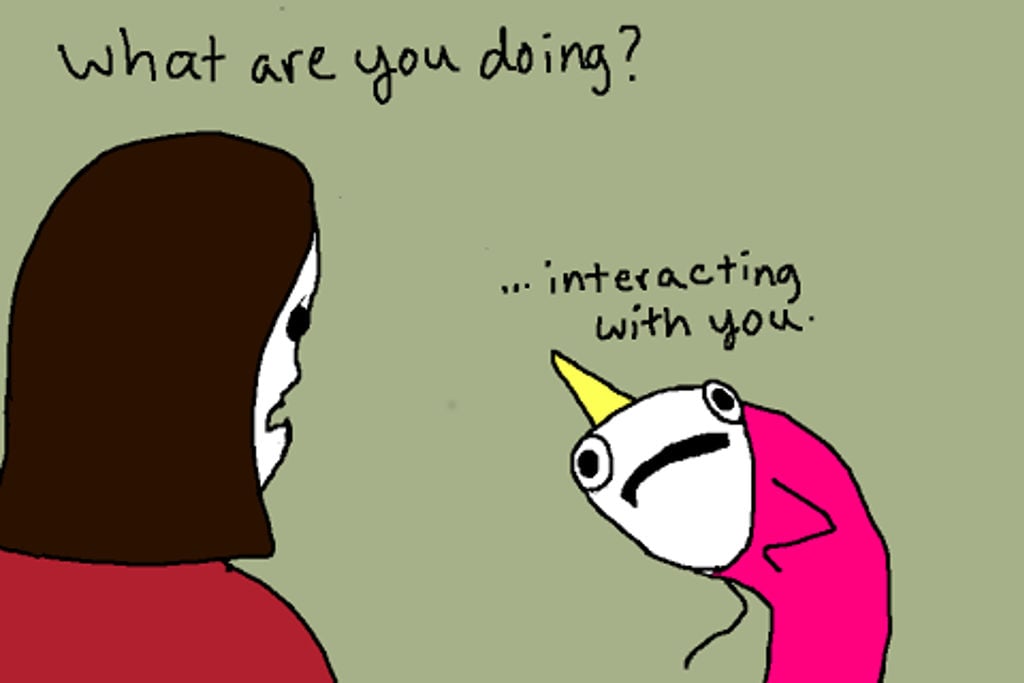“Kill Me”: How Much Harm Are Suicide Memes Really Doing?
We asked meme creators and local mental health services.
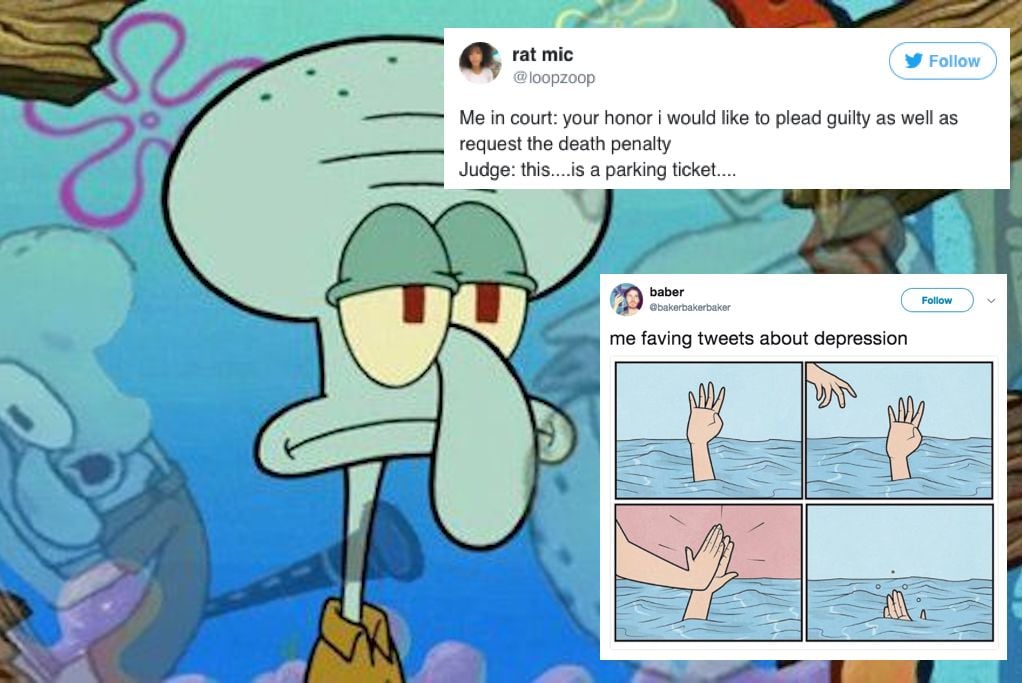
I was scrolling through my feed the other day when the ol’ “kill yourself” meme popped up. You know the one — that old white dude with slicked hair and crisp suit and his hand raised.
Looking at the meme, I was kind of shocked. Not because of the blatant “kill yourself” slogan, but because I realised how accustomed I was to it. Being on Facebook and Twitter over the years, I realised that I’d become desensitised to the notion of suicide memes in general. We’ve all been telling each other to kill ourselves and to die before lol-ing and scrolling and moving on.

From “kill me” and “I want to die” to this year’s “Welcome to your tape” creations (which furthered the controversy surrounding 13 Reasons Why) it’s no secret that the internet has long been home to viral memes that allude to suicide ideation and depressive behaviour. Sure, for many, memes are just fleeting images that are shared without much thought. But memes are also pieces of social commentary; you only have to trace their roots back to lulz culture and 4chan to see this.
Personally, I have an extensive family history of mental illness and, looking at these types of memes, I’m not sure if they make me feel comforted or irritated. After all, are they trivialising suicide in the name of banter or providing a genuine release for people? What’s the point of them and should we actually be taking them more seriously?
The Good And Bad
For some online communities, depressive memes have served as a kind of therapeutic expression. They establish a discussion on mental illness and enable genuine connections to be formed between users.
“Sharing feelings through humour is very healthy,” say the two creators of Depression Memes — a Facebook page with over 490K followers. The page was initially created between the two friends as a way to share memes with each other without clogging up their messages. “We both related to them, and adding humour to an otherwise bleak subject helped us as a coping mechanism.”
While some people may enjoy the page ironically, the creators say a lot of people like the depressing memes for therapeutic reasons. “We receive many messages everyday from people thanking us for helping them laugh through an otherwise sad situation,” they argue, “and it is also comforting knowing many people can relate to the same sad feelings we do.”
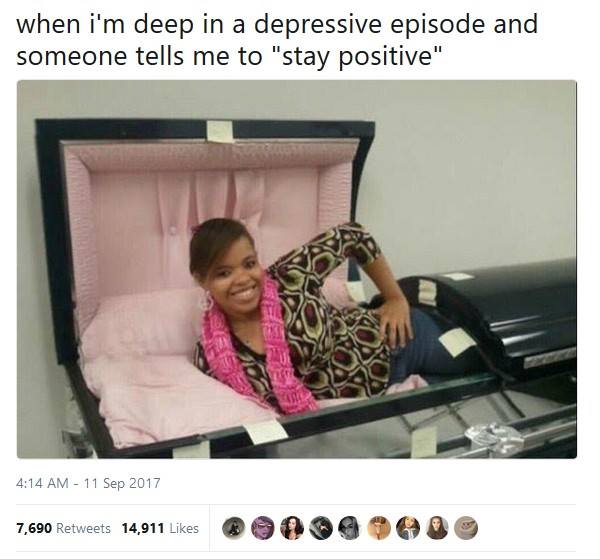
However, they have received negative messages too — sometimes from parents or friends of someone who has shared one of their posts and are concerned about that person’s safety.
“In this case, we always recommend that if their friend [or child] is showing signs of serious depression, they should offer to help [them] seek out therapy or a doctor. If they are worried of something more serious like suicide or self-harm, [we say they should] always contact police right away.”
Suicidal Memes, a page with 10K followers, told me they’ve created a similar community. “I have had people reach out to the page and talk about their mental health issues,” says one of the creators. “As it is a close subject to most of the admin, we speak to them and try our best to help.”
I reached out to Mindframe, the Australian government’s national media program aiming to encourage “responsible, accurate and sensitive representation of mental illness and suicide in the Australian media”, about the potential merits and effects of suicide memes.
According to Marc Bryant, Mindframe’s Program Manager, humour can be an important dynamic in community resilience, while providing a chance for someone to discuss how they are feeling.
“The risk with humour and the explicit detailing of suicide methods,” Bryant notes, however, “is that it can negatively impact people with suicide ideation, and be confronting for people who have previously attempted to take their own life or those who are bereaved from suicide.”
“It’s Honestly Kind Of Embarrassing Now”
With this in mind, some online platforms have recognised the potential danger of suicide meme creation, and have since slowed down their involvement with the trend. Suicide Memes, for one, has acknowledged the power that memes hold in posing a real threat to at-risk, internet users.
Suicide Memes was formed in early 2016, while the creator was still in high school.
“I think there was a big increase in ‘edgy’ memes in popular culture after online personalities such as Filthy Frank and H3H3 Productions started gaining popularity. I pretty much created this page because I thought I was funny back then. It’s honestly kind of embarrassing now.”
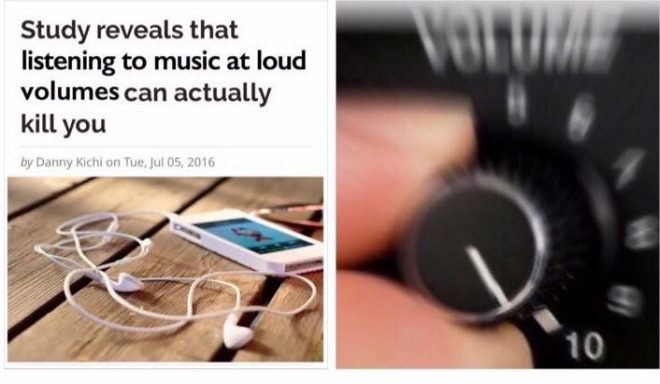
The page admits that memes depicting suicide ideation could be seriously harmful for at-risk youth, especially when concerning those suffering from severe mental illness.
“It’s extremely hypocritical of me to be saying this, but some jokes and memes go too far. I think I may have overstepped some boundaries on this page,” Alyssa, the creator, considers. “I have had a few people who were disgusted with my behaviour and tried to get me reported and deleted. I don’t blame them, though.”
This inevitably opens up an entire can of worms; here are two sides of an argument that is an understandably tricky one to navigate around.
To some, these types of imagery are important steps in discussing mental health, especially when considering that it may provide a platform for those who are unable to ask for help IRL, but to others, this is merely a distraction from how we should be helping those suffering from mental illness.
This conversation is an important one, and it’s one that needs to be furthered.
“The take-home message,” Mindframe’s Bryant concludes, “is that memes that have a suicidal subtext can be cathartic for those who do not have an emotional connection to suicide, but can also be adding risk to those who are already vulnerable in the community.”
As someone who has had a past with mental illness myself, there are times when I have been comforted by depressive memes, accompanied by the too-common “can relate” sentiment. But, when it comes to memes discussing suicide ideation, I can’t help but feel uneasy. After all, when does humour become unintentional mockery? How could any form of imagery following the lines of ‘haha! Kill yourself lol xP’ or ‘welcome to ur tape ;)’ not be seen as incredibly insensitive and dangerous?
Surely, when it comes to suicide, in the words of Sasha Velour: don’t joke about that.
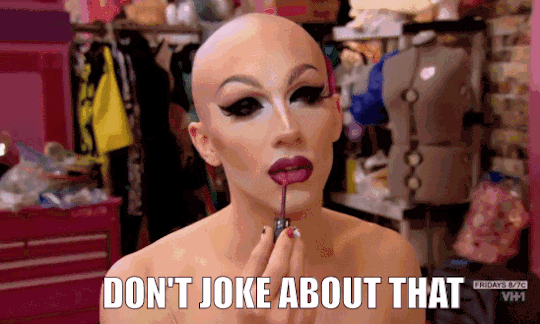
–
If you or anyone you know needs help, please contact Lifeline on 13 11 14 or Headspace on 1800 650 890.
–
Louis Hanson is a freelance writer from Melbourne. Check out more of his work here.
